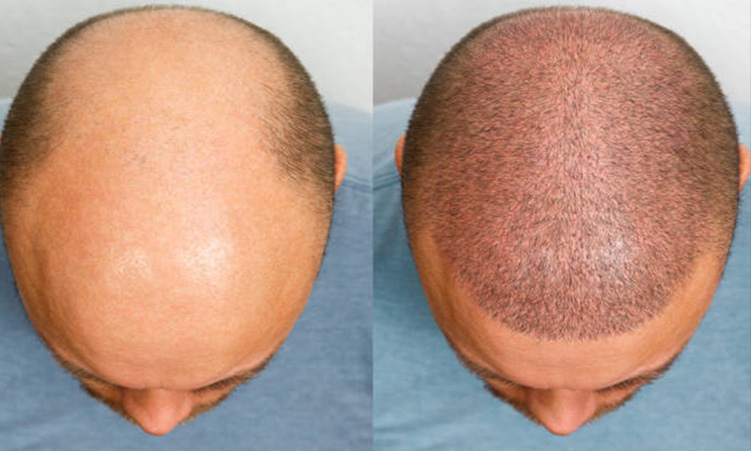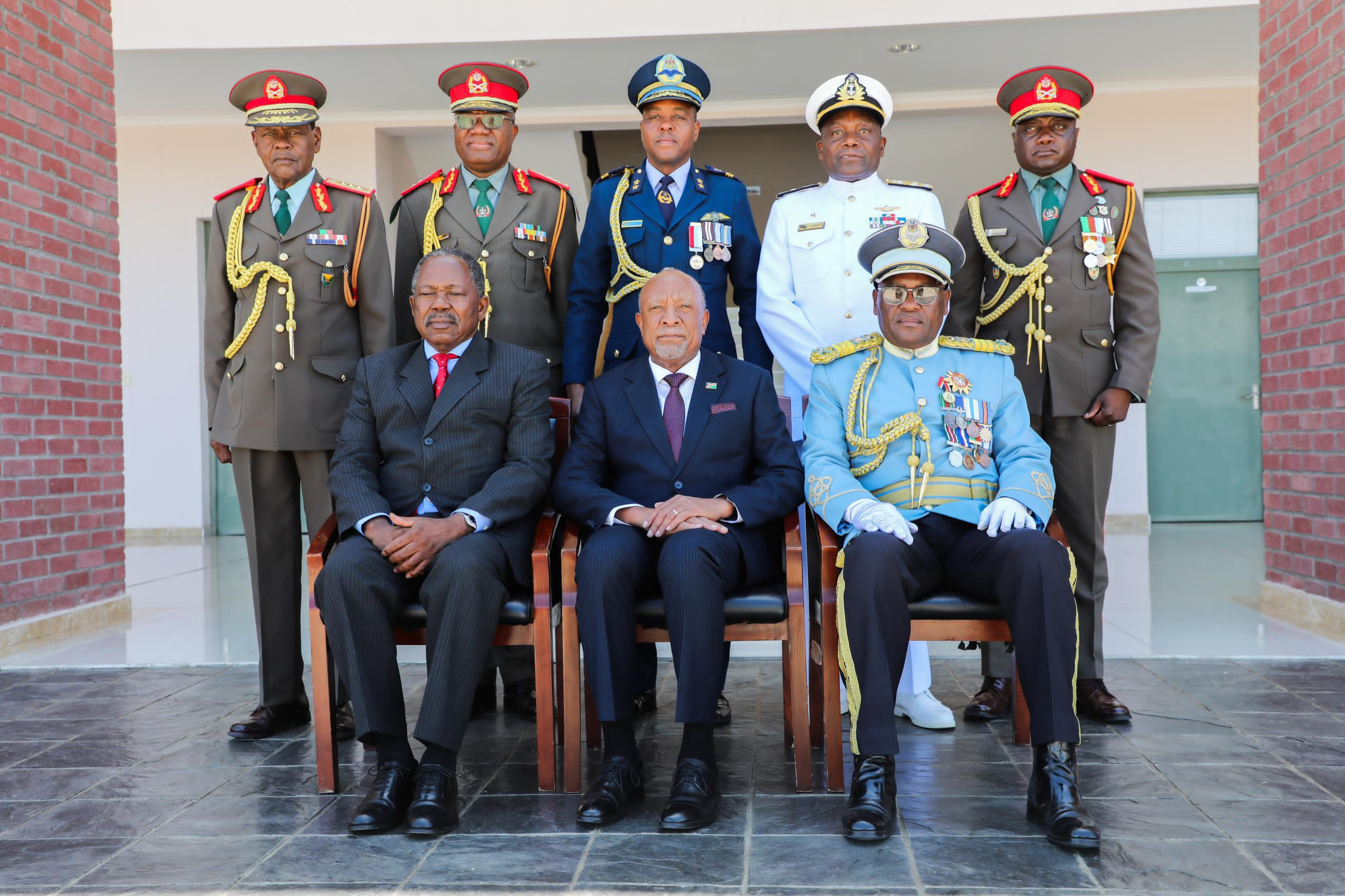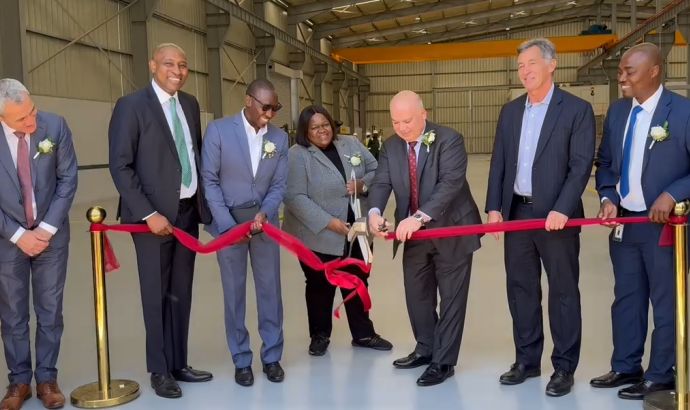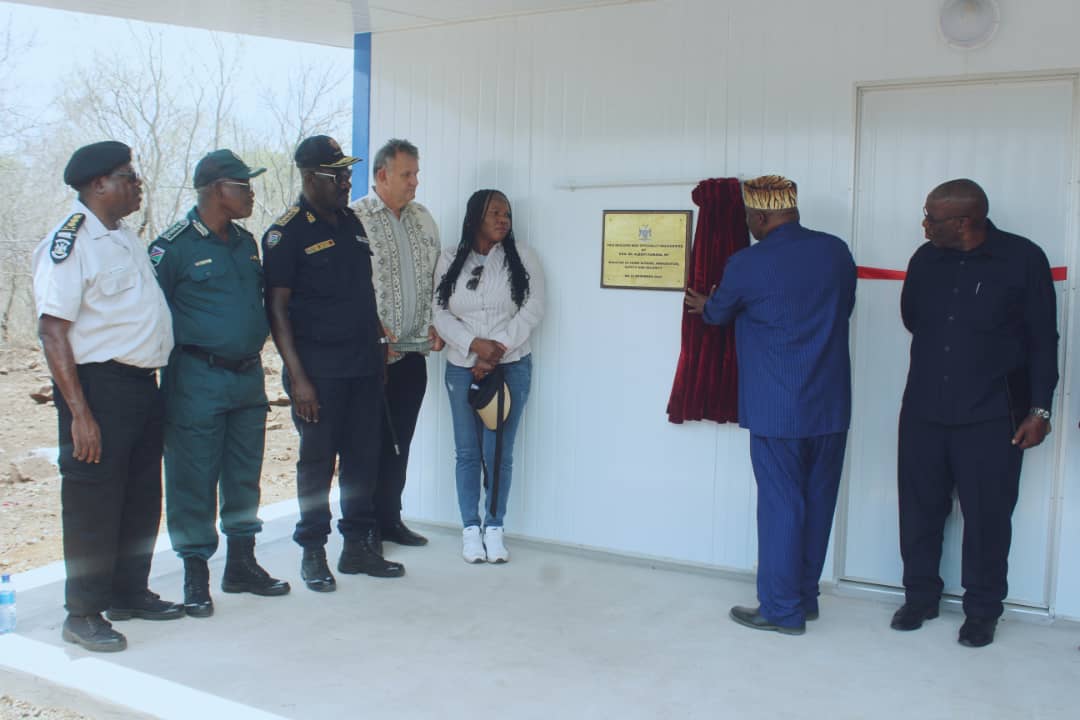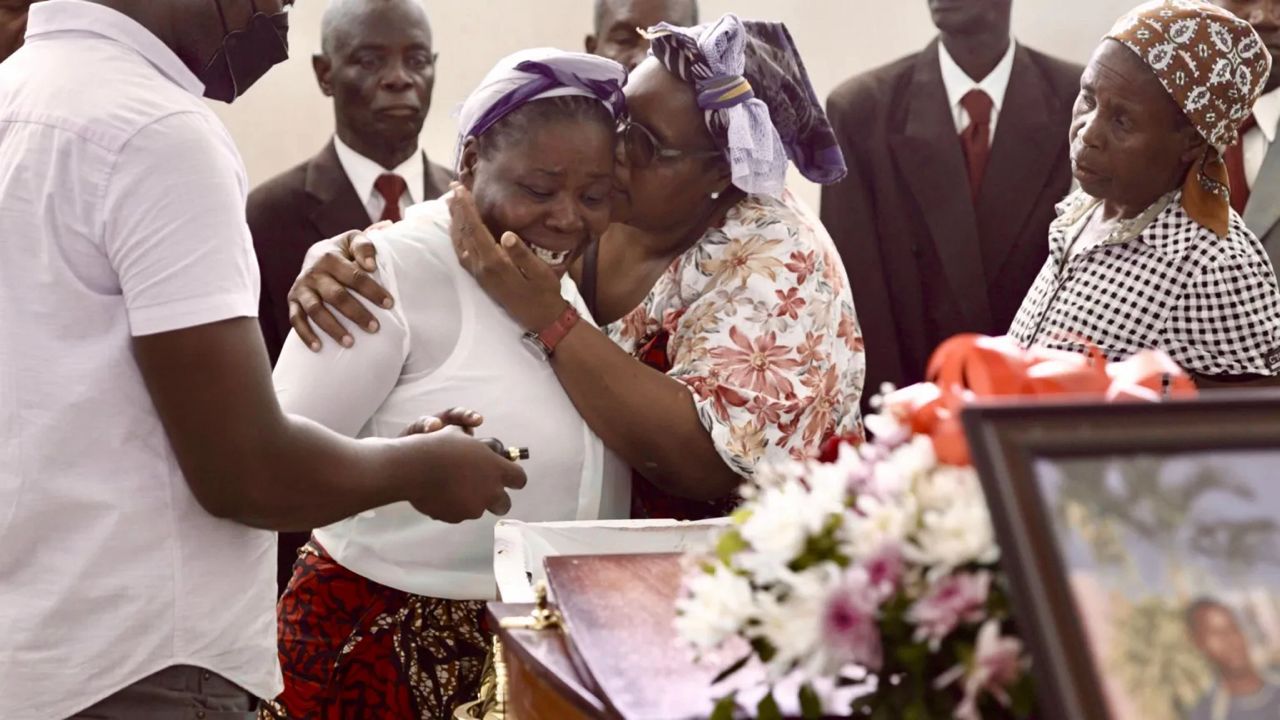…says it should not be handled as a medical condition
Minister of health and social services Kalumbi Shangula says he does not think medical aids should fund hair transplants.
He was responding to a historic hair transplant performed in the country last week.
“Well, medical aid is normally for health conditions. I don’t know whether they would view it in a different way. Because, what is the reason for a hair transplant?” he asked yesterday.
Shangula said a hair transplant surgery is more of a cosmetic procedure than a medical achievement.
“It’s not a public health issue. It’s just like you going to the salon and having your hair plaited or whatever style of hair you would like to have. So, it’s not a health issue,” Shangula says.
He says there could be a chance of medical aids assisting those with alopecia, a condition in which the immune system attacks hair follicles and causes hair loss or thinning.
“If somebody is suffering from alopecia, then in actual fact, I don’t know how the hair transplant will really be a medical issue. I have my doubts, but that is a question the medical aids can consider,” Shangula says.
The Aesthetics Centre Olympia, part of the Emoneko Group, successfully completed the country’s first-ever hair transplant procedure on 26 September.
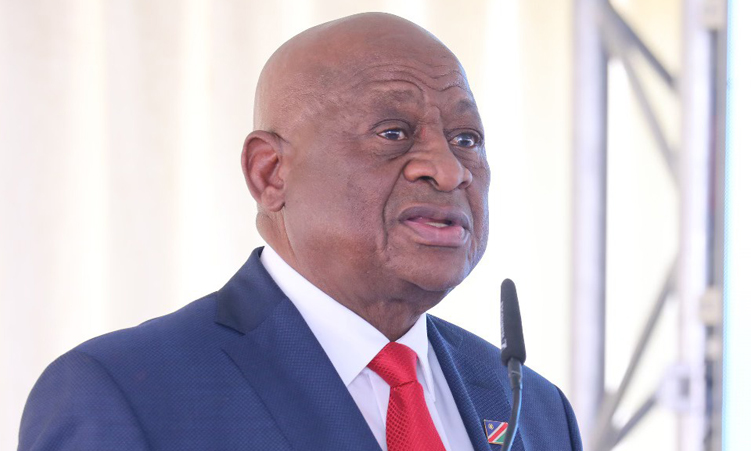
According to Emoneko chief executive Birgit Hoffman, this breakthrough surgery marks the first step towards offering world-class medical treatments within Namibia, eliminating the need for patients to seek costly care abroad.
Hoffman says the historic surgery was led by a skilled team of Namibian medical professionals, including Dr Natasha Slabbert, Dr La-Toya Mwoombola-Hamutenya and aesthetician Esmarie Smit, who were all extensively trained by renowned Indian hair transplant surgeon Pradip Atodaria.
She says registered nurses Jacobina Nampala and Armas Shifotoka were also part of the team, serving as assistant technicians.
Hoffman adds that the team performed the advanced follicular unit extraction technique, which involves the precise extraction and implantation of individual hair follicles, ensuring natural-looking results with minimal scarring.
“This is a monumental achievement for Namibia. By performing hair transplants locally, we are not only building medical expertise within the country, but also offering life-changing treatments that address a key issue affecting many people’s confidence and emotional well-being.
“The successful surgery involved the transplantation of 1 200 hair grafts, representing a significant step forward in offering solutions for hair loss right here in Namibia.
Further transplants followed in the following days, with up to 3 000 grafts being performed on a patient over three consecutive days, “ she says.
Stay informed with The Namibian – your source for credible journalism. Get in-depth reporting and opinions for
only N$85 a month. Invest in journalism, invest in democracy –
Subscribe Now!


